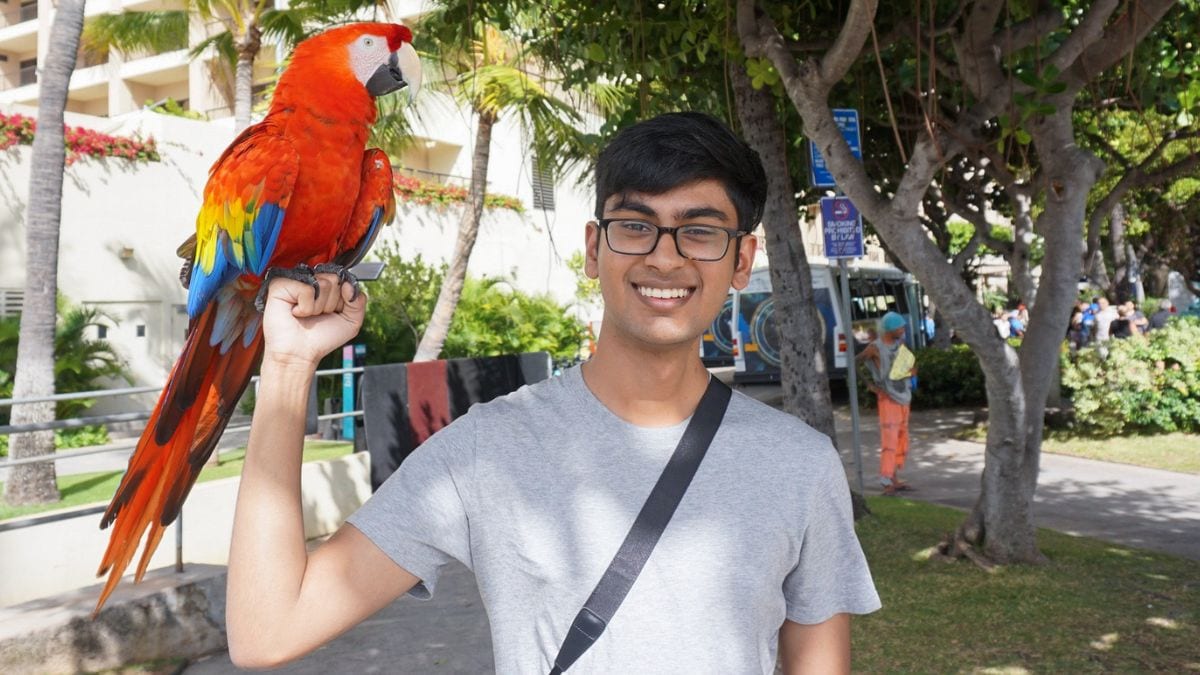Mother of OpenAI Whistleblower Suchir Balaji Claims Son’s Death Was a Murder Conspiracy

Suchir Balaji, a former researcher at OpenAI, was found dead in his San Francisco apartment in November. His mother, Poornima Rao, recently shared a disturbing photo from the day he died, alleging that there may have been foul play involved. This accusation sharply contrasts with an autopsy report that, released earlier this year, concluded that Balaji’s death was a suicide and ruled out any potential foul play.
After his passing, Balaji’s family highlighted several inconsistencies in the official findings and expressed their intent to conduct their own investigation into his death. Just prior to his death, Balaji had expressed ethical concerns regarding OpenAI’s practices following his resignation from the company.
What Did Balaji’s Mother Say?
On social media platform X, Rao shared a CCTV image showing Suchir Balaji in his apartment building, holding a paper bag that she claimed contained his dinner. She criticized the Office of the Chief Medical Examiner (OCME) for labeling her son as depressed and concluding that he died by suicide despite evidence to the contrary.
“Another cover by OCME: they stated to our attorney that GHB is endogenous three days after death. But we found that level of endogenous GHB is less than 5000ng/L. A line in the autopsy report says that the toxicology report will include GHB only if it is more than 50000ng/L,” she stated.
Rao cited GHB, a depressant that slows communication between the brain and body, suggesting it contributed to her son’s tragic end. She claimed that the surveillance cameras in nearby areas, including his garage and building lifts, were not working at the time of his death, raising further questions about foul play. In support of her claims, she shared a post from another user on X, which disputed the narrative that Balaji was depressed, instead portraying him as a vibrant individual passionate about justice.
What Did the Autopsy Report Say?
Balaji’s death in November garnered significant attention after he raised concerns about ethical issues at OpenAI. The initial autopsy indicated suicide as the cause of death, a conclusion rejected by Balaji’s family, who insisted he was murdered and called for an FBI investigation.
“They have never retrieved CCTV footage from the leasing office. We need a report from the police. We are only requesting a transparent investigation,” Rao commented.
A subsequent report, which expanded findings from the OCME, reiterated the suicide conclusion. It noted that Balaji’s body showed no signs of trauma, and because the apartment door was locked from the inside, there was no evidence of forced entry. The report also mentioned that a gun found at the scene was registered to Balaji, and an internet search history indicated he researched brain anatomy before his death. Additionally, traces of amphetamines and alcohol were detected in his system, and gunshot residue was found on both hands.
Rao pointed out numerous inconsistencies in the autopsy report, asserting that underlying assumptions were not consistently supported by factual evidence. She insisted that OpenAI had ulterior motives in suppressing information following her son’s death and suspected he had undisclosed material about the company.
What Are the Allegations Against OpenAI?
Suchir Balaji, originally from California, dedicated over four years to OpenAI before resigning in August due to concerns about the company’s operations. In a revealing article published in The New York Times, Balaji accused OpenAI of breaching copyright laws.
Rao emphasized that her son was poised to launch new projects in neuroscience and machine learning, leading her to question why he left OpenAI without another job lined up. She speculated that he might have faced intimidation from the company, casting a shadow over the circumstances surrounding his death.






